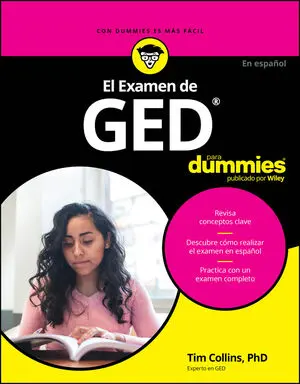Practice questions
- Lawrie is trying to save money, so she keeps her money in both checking and savings accounts. Each week, she puts $24.00 from her paycheck into her savings account. However, the fourth week, she overdraws her checking account by $7.50, and the bank transfers the money from her savings account. For providing this service, the bank charges Lawrie $10.00. Her savings account balance after the fourth week is
- Georgette needs $185.00 to buy books for her Geography course, but because her hours at work have been cut back this month, she cannot afford to buy them, even though she needs them. Walking to class, she notices a sign offering to loan her $200.00 for one month for $20.00 interest. She calculates that if she can repay the money within the month by working extra hours, she will be able to afford the principal and the interest.
When Georgette applies for the loan, she reads the contract carefully and notices that after the initial one-month period, the interest rate climbs to 15 percent per month and includes the previous month's principal and interest. If she earns $11.00 per hour, how many extra hours (to the nearest hour) would she have to work to pay the additional second month's interest?

Answers and explanations
- The correct answer is $78.50.
This question tests your knowledge of number operations by asking you to perform several operations to calculate an answer. After the fourth week, Lawrie would've deposited
 There would've been two withdrawals totaling
There would've been two withdrawals totaling
 Her balance after the fourth week would be
Her balance after the fourth week would be

- The correct answer is 3 hours.
At the end of the first month, Georgette will owe
 The second month's interest will be
The second month's interest will be
 At $11 an hour, Georgette would have to work an additional 2.76 hours, or practically 3 hours because no one would hire someone to work 2 hours, 45 minutes, and 36 seconds.
At $11 an hour, Georgette would have to work an additional 2.76 hours, or practically 3 hours because no one would hire someone to work 2 hours, 45 minutes, and 36 seconds.






